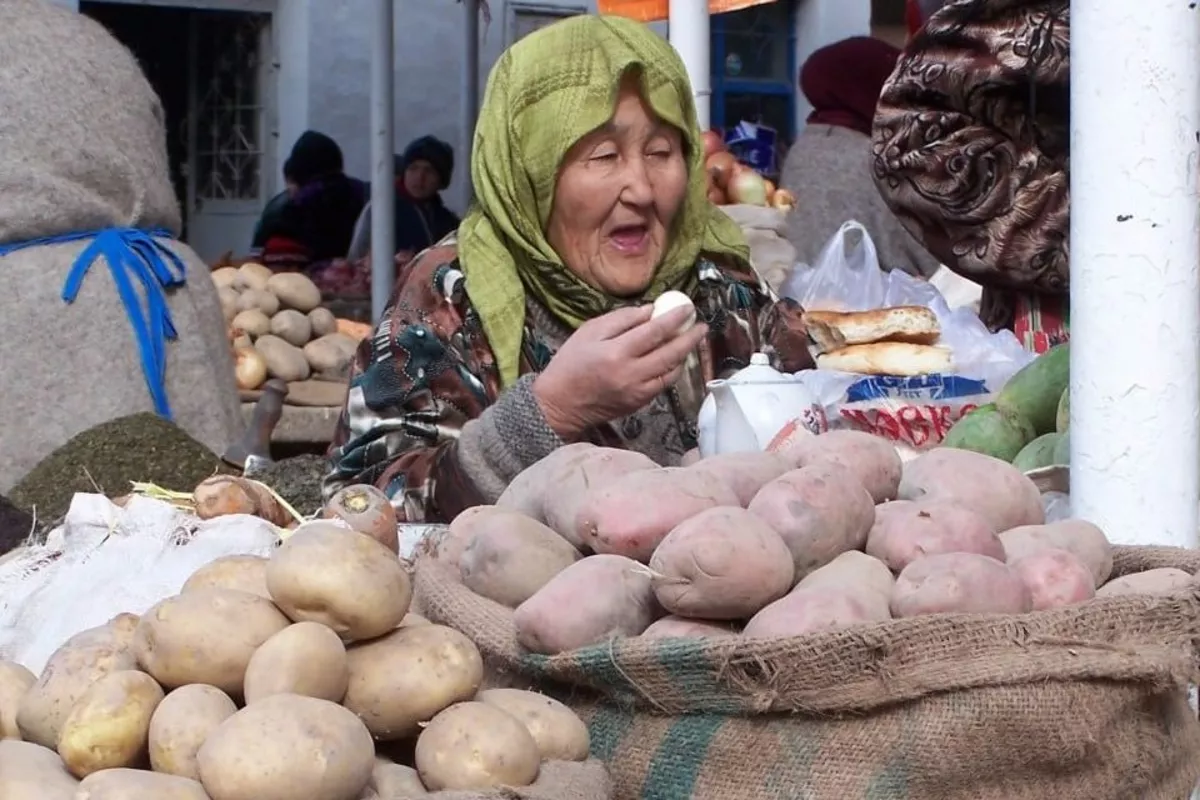
Starting September 1, 2025, salaries, pensions, and scholarships in Tajikistan have been raised by 10 per cent to 30 per cent, in line with a decree signed by President Emomali Rahmon earlier this year.
The decree also raises the minimum monthly wage across all sectors to 1,000 somoni ($107.50), up from 800 somoni ($86), The Caspian Post reports via Tajik media.
“As of September 1, the salary of employees in all institutions, organizations, and enterprises, regardless of ownership, must not fall below 1,000 somoni,” the document states.
The increases apply to a wide range of sectors:
Preschool and general education staff - 30 per cent
Other education workers, including vocational, higher education, and research - 20 per cent
Healthcare personnel - 20 per cent
Social protection employees - 20 per cent
Cultural sector staff - 20 per cent
Civil servants - 20 per cent
Pensions and supplements - 10 per cent
Student scholarships (except for military and police academies) - 20 per cent
To finance the raises, the 2025 state budget has earmarked significant additional resources. Revenues are projected at 49.6 billion somoni ($5.332 billion), with around 65 per cent expected from taxes. Planned allocations include 13 billion somoni ($1.397 billion) for wages (+35.7 per cent from 2024), 5.1 billion somoni ($548.325 million) for pensions (+25.6 per cent), 350 million somoni ($37.625 million) for allowances (+25.8 per cent), and 280 million somoni ($30.100 million) for scholarships (+26 per cent).
President Rahmon first announced the pay and pension increase in his December 2024 address to parliament. A year earlier, incomes were raised by 30-40 per cent.
However, despite the new measures, low wages remain a persistent issue in Tajikistan. Many citizens note that rising consumer prices offset much of the gain, effectively turning the hikes into an adjustment for inflation rather than a real boost in purchasing power.
Share on social media